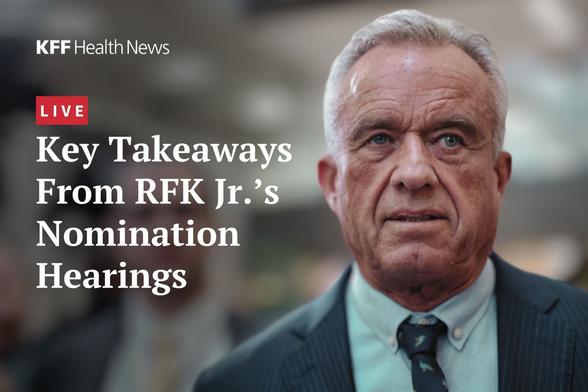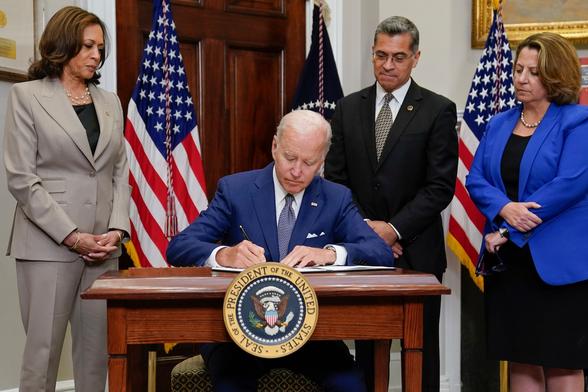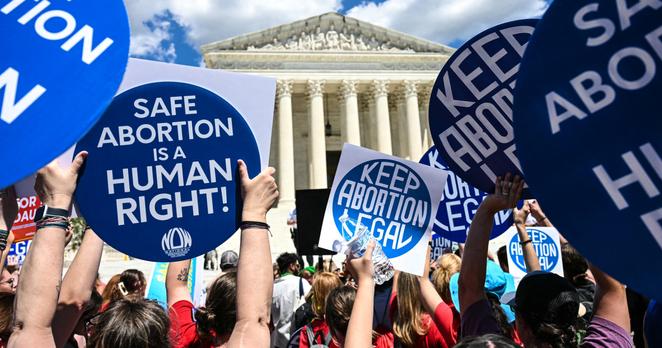The Georgia hospital that failed to save #Amber #Thurman
may have broken a federal law
 when doctors there waited 20 hours to perform a procedure criminalized by the state’s abortion ban,
when doctors there waited 20 hours to perform a procedure criminalized by the state’s abortion ban,
according to Sen. Ron Wyden, chair of the Senate Finance Committee.
The Emergency Medical Treatment and Labor Act, or #EMTALA, requires hospitals to provide emergency care to stabilize patients who need it
— or transfer them to a hospital that can.
Passed nearly four decades ago, the law applies to any hospital with an emergency department and that accepts Medicare funding,
which includes the one Thurman went to, Piedmont Henry in suburban Atlanta.
The finance committee has authority over the regulatory agency that enforces the law.
In a letter sent Monday, Wyden, an Oregon Democrat, cites ProPublica’s investigation into Thurman’s #death,
which was found #preventable by a state committee of maternal health experts.
The senator’s letter asks Piedmont CEO David Kent whether the hospital has delayed or denied emergency care to pregnant patients since Georgia’s abortion ban went into effect. (Kent did not respond to requests for comment.)
“It is my duty to conduct oversight of potential violations of patients’ rights under these laws,” Wyden wrote.
The senator asked for the hospital’s policies covering treatment of patients with emergencies that require abortion care.
He also asked for a list of personnel involved in making those decisions.
He gave the hospital a deadline of Oct. 24 to provide those and other requested records and answers.
Wyden sent the same letter citing ProPublica’s reporting on Thurman to  seven hospitals in North Carolina, Florida, Missouri, Louisiana and Texas.
seven hospitals in North Carolina, Florida, Missouri, Louisiana and Texas.
 One letter seeks information from a Texas hospital where Yeniifer Alvarez-Estrada Glick died in 2022 from complications of pregnancy including hypertension, as reported by The New Yorker.
One letter seeks information from a Texas hospital where Yeniifer Alvarez-Estrada Glick died in 2022 from complications of pregnancy including hypertension, as reported by The New Yorker.
 Other letters seek information from hospitals where women have reportedly been turned away or experienced delayed care.
Other letters seek information from hospitals where women have reportedly been turned away or experienced delayed care.
The hospitals’ answers could lead to proposed legislation or executive actions to strengthen compliance.
The federal Centers for Medicare and Medicaid Services investigates complaints and can take actions including levying fines against hospitals that violate EMTALA.
Wyden’s committee plans to hold a hearingon Tuesday,
saying in a news release it will
 “examine how Donald Trump’s successful overturn of Roe v. Wade and subsequent state abortion bans have threatened access to life-saving medical care for women nationwide.”
“examine how Donald Trump’s successful overturn of Roe v. Wade and subsequent state abortion bans have threatened access to life-saving medical care for women nationwide.”
https://www.propublica.org/article/amber-thurman-georgia-abortion-wyden-emtala









